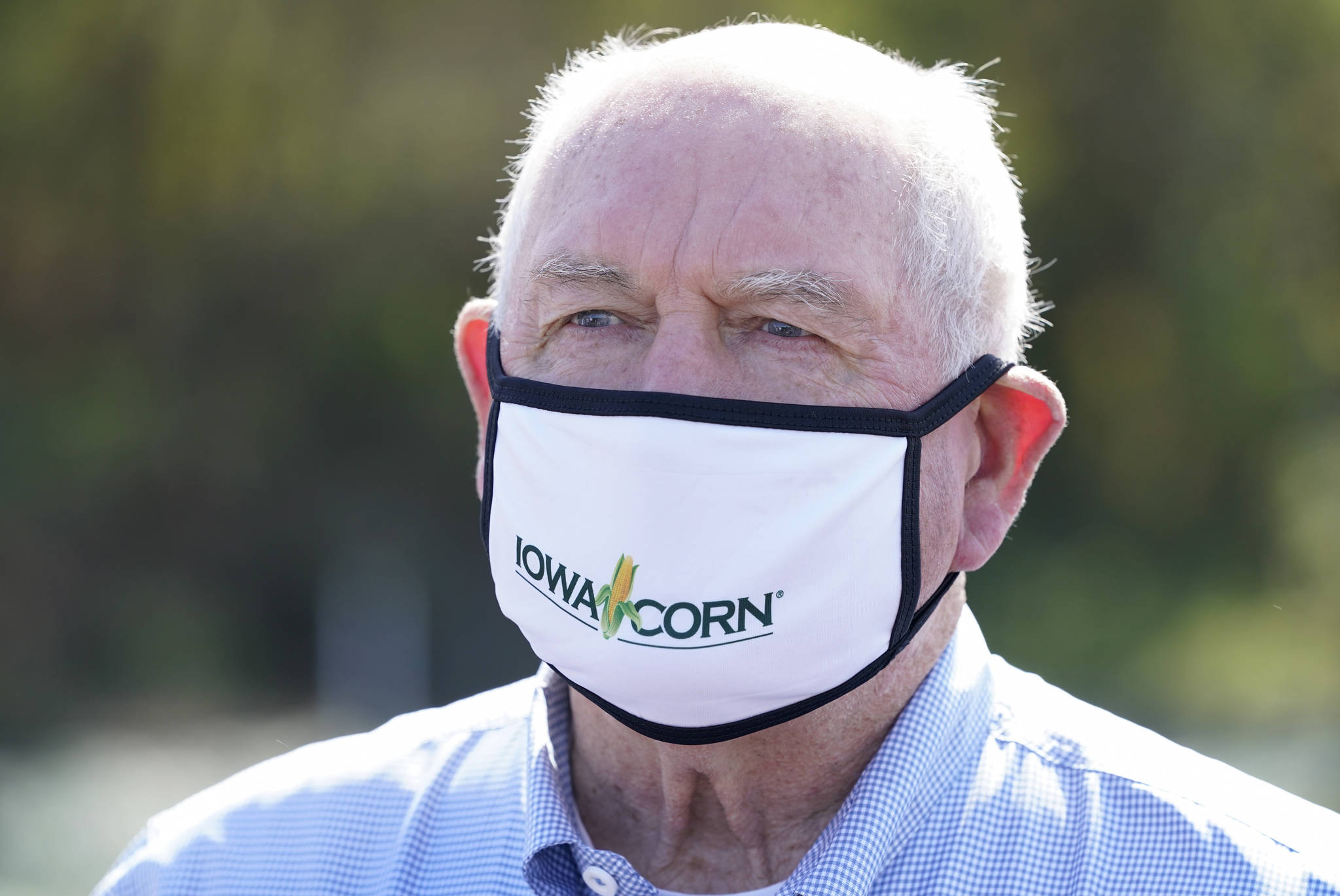For years now, President Donald J. Trump has been standing up to China and other nations, sending the clear message that the United States will no longer tolerate unfair trade practices. While trade damage from unfair retaliation has impacted a host of U.S. commodities, including American seafood, President Trump is taking action on trade policy to open new markets so that American agriculture can compete globally.
High tariffs disrupt normal market patterns, affect prices and export volumes, and raise costs by forcing commodities to find new markets. Additionally, there is evidence that American goods shipped overseas are being slowed from reaching market by unusually strict or cumbersome entry procedures, which can affect the quality and marketability of perishable products. This can boost marketing costs and discount our prices, and adversely affect all those in the Alaska seafood industry.
We always suspected that American agriculture and the world-class seafood industry would likely be among the hardest hit sectors, because our producers are extremely productive and are excellent competitors in the world marketplace. Indeed, of the total tariffs imposed on the United States, a disproportionate amount was targeted directly at our fishermen. In keeping with President Trump’s promise, this administration will not stand by while our hard-working men and women of the seafood industry are treated unfairly by countries acting in bad faith.
For these reasons, President Trump has instructed me, as secretary of agriculture, to prepare a strategy to protect our seafood from unfair retaliatory tariffs. After careful analysis and thorough discussion by our team at the USDA, we have taken historic action to protect the Alaska seafood industry.
USDA will provide approximately $527 million through a new program called the Seafood Trade Relief Program, to help offset the impact on Alaska’s and other states’ seafood industries. This program, funded by the Commodity Credit Corporation, provides direct payments to U.S. commercial fishermen who hold a valid federal or state license or permit. In addition, the catch must be sold or transferred to a permitted or licensed seafood dealer. Here in Alaska, payments are based on 2019 landings of atka mackerel, crab, flounder, geoduck, herring, Pacific cod, Pacific Ocean perch, pollock, sablefish, salmon, sole and turbot. Fishermen in covered fisheries can sign up for assistance through STRP from September 14, 2020 to December 14, 2020 at their local USDA Service Center. Additionally, applications for STRP can be found at www.farmers.gov/Seafood.
We are confident that this approach is best for Alaska fishermen, and we are grateful for the hard work of Senator Dan Sullivan to make these payments become a reality.
President Trump knows Alaska’s fishermen help feed this nation and the rest of the world. Until China and other nations decide to play by the rules that govern free and fair trade, the Trump Administration will not allow the seafood industry to bear the brunt of their unfair retaliation.
• Sonny Perdue is the U.S. secretary of agriculture. He previously served as the governor of Georgia.

